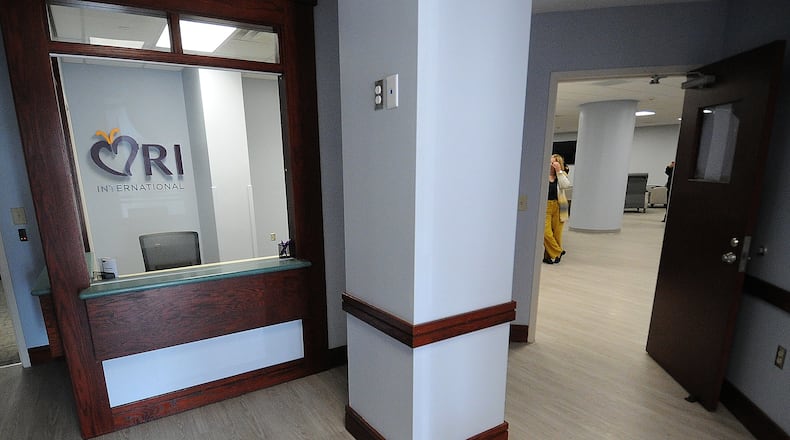“Montgomery County is the first location in the country to complete the Crisis Now model of care,” said Helen Jones-Kelley, executive director of ADAMHS. “We are honored that SAMHSA is investing in our crisis model to deliver a full continuum of crisis services to our most vulnerable citizens.”
The Substance Abuse and Mental Health Services Administration (SAMHSA) awarded Montgomery County ADAMHS $3 million over four years.
The grant from SAMHSA will allow the Mobile Crisis Response Team to grow, according to Jones-Kelley.
Trained clinicians and peer support professionals meet people in the community experiencing a crisis during calls that do not require a law enforcement presence, the ADAMHS executive director said.
“This de-escalation can really make a difference in someone’s recovery,” Jones-Kelley said.
The area’s initial mobile crisis response team — also managed by RI International — responded to more than 600 calls last year.
ADAMHS leaders estimate the mobile crisis response team will make even more visits in 2023. From the start of this year to the end of April, the mobile response team was dispatched more than 400 times.
This approach could also reduce the number of calls made to law enforcement and could connect people to treatment instead of sending them to jail, Kimberly Farrier, director of treatment & supportive services for ADAMHS, said in a release.
RI International will open its crisis receiving center in Dayton this summer. The crisis center — located on South Edwin C. Moses Boulevard — will serve as a place for people seeking assistance with issues related to mental health and addiction.
Law enforcement agencies can also transfer people to the center when it opens.
In partnership with RI International, the county’s crisis call center also opened in January 2022. In the first 12 months of operation, clinicians received 12,024 calls from people experiencing a mental health crisis.
At the same time, the Mobile Crisis Response Team began meeting people where they were in our community to provide in-person care.
“This funding will allow us to see more people in their homes and in the community,” said RI International state director Vincent Sabino. “We hope to be a greater support to the law enforcement community and hope we can support people who are experiencing a mental health or substance use crisis.”
About the Author

